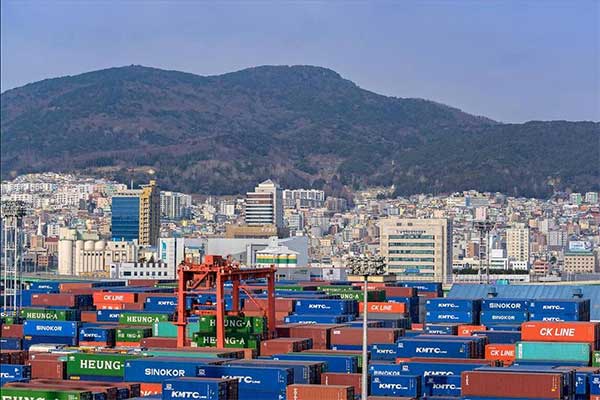
How to judge food imp...Export agentcompanys professional qualifications?
Selecting a compliant agency requires verification ofFour core qualifications:
- Customs AEO certification qualification (priority given to advanced certification)
- Food Distribution License (for imports) or Export Food Filing Certificate
- Foreign official registration records (e.g., U.S. FDA or EU FVO filing)
- Cold chain logistics certification (ISO 22000 or HACCP certification)
It is recommended to request the agency to provide the last 12 monthsCustoms clearance efficiency report, focusing on handling cases for special categories like dairy or frozen foods. For example, a Shanghai agency assisted in importing Norwegian salmon in 2025, achieving 72-hour full cold chain clearance through pre-declaration mechanisms.
What key documents are needed for food import customs clearance?
Year 2025 General Administration of Customs latest requirements mandate providing:
- Certificate of Origin Health (requires consular legalization)
- Composition Analysis Report (with allergen labeling)
- Chinese Label Pre-approval Certificate
- Cold Chain Transportation Temperature Records (requires IoT device real-time monitoring data)
Special attentionGenetically modified foodMust be declared separately. Starting from 2025, new requirement for three consecutive years of non-GMO certification. It is recommended to initiate label pre-approval 6 months in advance to avoid full container return due to packaging issues.
What Hidden Costs Are Included in Agency Service Fees?
Standard quotation typically includes:
- Basic service fee (customs clearance+Inspection)
- Document certification fees
- Port basic operation fee
But special attention is requiredPotential additional charges:
- Cold storage overtime fee (charged hourly after exceeding 48 hours)
- Laboratory testing expedited fee
- Special handling fee (e.g., quarantine supervision fee for irradiated food)
It is recommended to clarify in the contractFee calculation method, for example, in a German beer import case, failure to agree on demurrage cost allocation ratio resulted in an additional dispute over 120,000 yuan in fees.
How to avoid quality risks in cross-border food transportation?
The new version of Import and Export Tariff adds 12 categories of goods requiring licenses, requiring relevant documents to be prepared 40 days in advance.End-to-end monitoring solution:
- Temperature control
- Frozen food: -18℃±1℃ real-time monitoring
- Refrigerated food: 0-4℃ fluctuation alert
- Effect of transportation
- Sea freight frozen containers require 21-day arrival commitment
- Air freight perishables 12-hour customs clearance guarantee
34. It is recommended to take out insuranceFull-process quality insurance, a chocolate importer recovered 85% of losses through insurance when products melted due to container power failure.
What are the special requirements for food imports in emerging markets?
For 2025s hot markets, note:
- Southeast Asian countries
- Halal certification (Indonesia MUI, Malaysia JAKIM)
- ASEAN Certificate of Origin FORM E
- The Middle East Region
- GSO certification (Gulf Standardization Organization)
- Mandatory Arabic label filing
It is recommended to choose those withLocalized service teamagency companies, such as one agency company with a customs clearance office in Dubai, can effectively solve Arabic document certification challenges.
How to address foreign technical trade barriers in food exports?
A professional agent should provideThree core services:
- Target market compliance pre-approval (including additive limits, pesticide residue standards)
- Certification guidance (such as US FSVP, EU organic certification)
- Simulated customs clearance testing (identifying declaration issues in advance)
A condiment company through an agencysUS FDA pre-inspection service, avoided the destruction of an entire shipment due to excessive sulfur dioxide levels.


 Follow Customer Service WeChat
Follow Customer Service WeChat